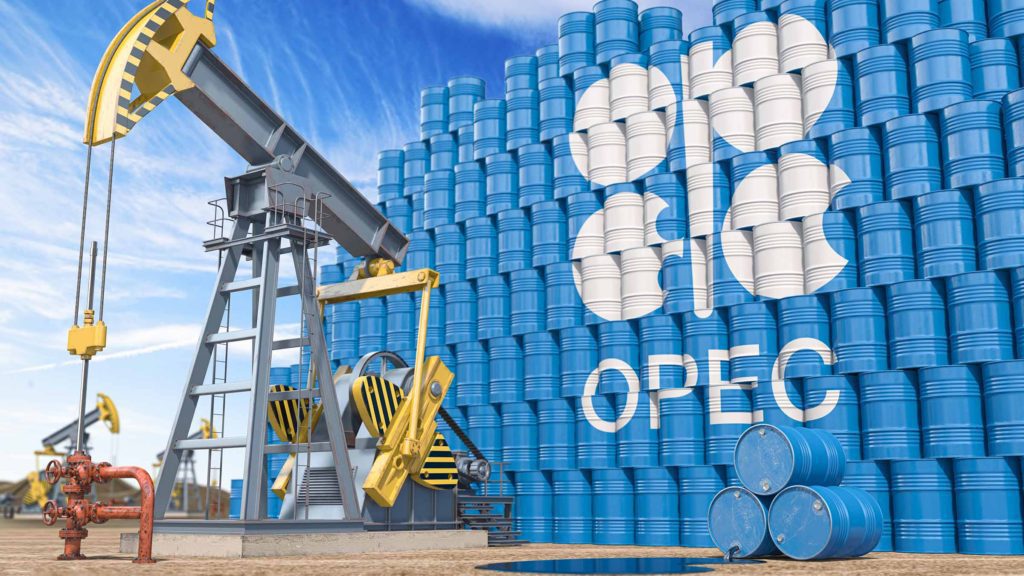Saudi Arabia, Russia, and other major oil producers agreed on a small increase in output on Thursday, citing risks to demand from China’s coronavirus restrictions.
Russia’s invasion of Ukraine has heightened supply fears, which have been exacerbated by Europe’s announcement of possible Russian oil embargo measures.
OPEC+ countries announced that they will maintain their modest output increases in June, adding another 432,000 barrels per day.
The committee “noted the continued consequences of geopolitical considerations and challenges relating to the current epidemic” in short back-to-back video conference discussions, according to a news release.
On Wednesday, prices rose, with the Brent North Sea contract closing above $110 a barrel, its highest level in nearly two weeks.
Brent traded at $113.25 per barrel at 1400 GMT on Thursday, while American WTI was at $110.64 per barrel.
Analysts had anticipated Riyadh’s Organization of Petroleum Exporting Countries (OPEC) and its ten partners, led by Moscow, to stick to their guns.
“In any case, OPEC+’s decision to raise its output limit in June is only as important as the group’s ability to satisfy it. It has failed to do so in recent months,” said Edward Gardner, a commodities economist at Capital Economics.
The cartel routinely fails to reach its output requirements due to a lack of investment in oil infrastructure in some member countries and operational issues.
After being largely spared for two years, China has been dealing with its greatest coronavirus outbreak since the spring of 2020, putting its zero-Covid plan to the test.
Beijing stopped dozens of metro stations on Wednesday, and citizens fear their city may be shut down, as Shanghai, the country’s largest city with 25 million inhabitants, has already done.
“Slowing activity in China is undoubtedly a reason that will justify their decision to stay put,” Ipek Ozkardeskaya, an analyst at Swissquote Bank, told AFP ahead of the meeting.
The fresh economic measures planned against Russia were likewise not expected to make a difference for the time being.
According to European Commission President Ursula von der Leyen, the European Commission is seeking a ban on all Russian crude oil and processed products transported by sea and pipeline by the end of 2022 in its sixth package of penalties.
In an already tense European market, this scenario poses a danger to supply.
While the penalties must be approved by all 27 EU member states, Hungary, which is heavily reliant on Russian supplies, has opposed the idea in its current shape.
“If it (the EU) can persuade its members to accept the proposal… it will have a significant impact on Russian oil shipments,” said Fawad Razaqzada, an analyst with City Index and Forex.com, ahead of the conference.
OPEC+’s wait-and-see strategy, according to Stephen Innes of SPI Asset Management, is “increasingly unworkable” and “contrary to its mission statement.”
“That’s why they’ve been chastised for being tardy and technically unprepared to respond to current market developments,” he explained.


